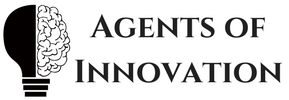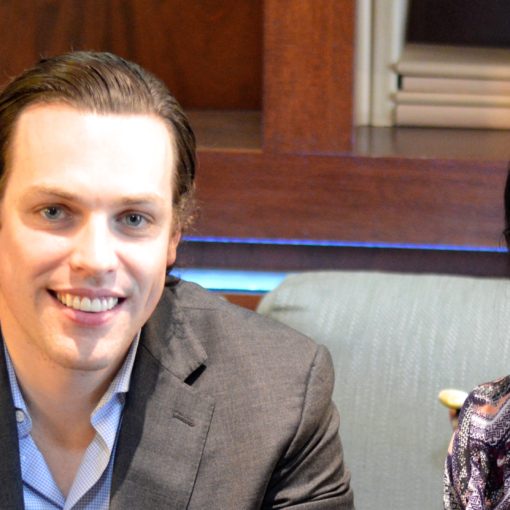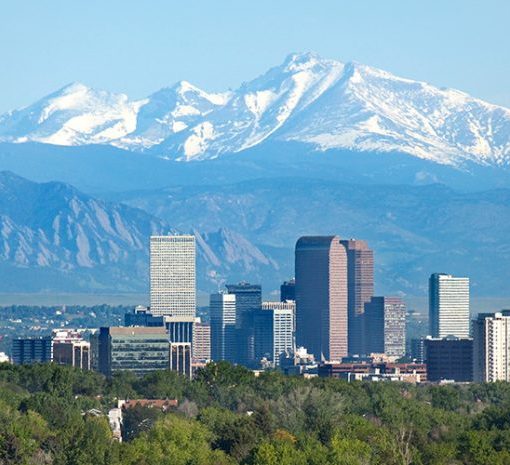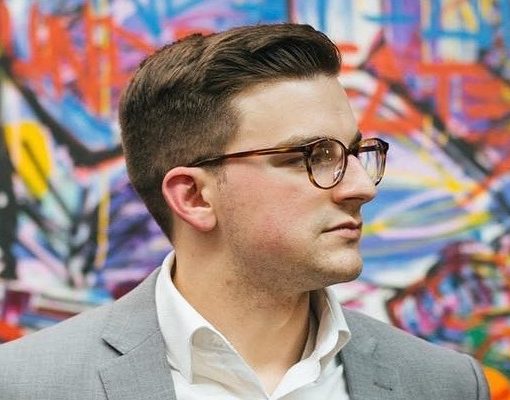Michael Gibson’s first job as a child was as a paperboy in Greenwhich, Connecticut. Today, from the technology start-up corridor of San Francisco, he claims that he is “dedicated to lighting the paper belt on fire.” We had him on Episode 51 of the Agents of Innovation podcast to explain just exactly what he is up to.
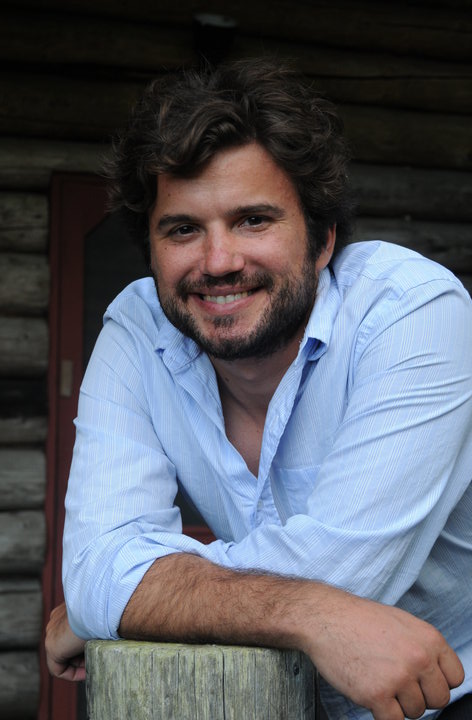
As he states in his LinkedIn profile: “If the rust belt has come to define the hollowed out industries of the Midwest, in the next ten years the paper belt will come to define the paper-based industries from Washington DC to Boston. In DC, they print money, visas, and laws on paper. In Delaware, companies incorporate on paper. In NYC, they print media on paper. And in Boston Harvard and MIT print diplomas on paper.”
Back in 1517, Martin Luther also led a revolution against paper. In his times, he was protesting against indulgences sold by the Catholic Church – in which you could save your soul by donating money to the church and receiving a paper-based indulgence. Those “get out of hell” cards weren’t free. Martin Luther saw an injustice and he wrote up his 95 theses and posted them on the church doors.
Today, Michael Gibson points to places like Uber and Bitcoin which have “allowed people to opt out of that old system – the paper-based system – and into something new.” He adds, “The kind of innovation I want to work on myself is where people get to opt out of old systems and into new ones that are demonstrably better.”
Over the past decade he has involved himself in the revolution against higher-education. “There’s something insidious about how this system entrenches the power in the status quo,” said Gibson.
As part of the 500th anniversary of Luther’s Protestant Reformation, Gibson wrote up a 95 Theses against higher education called “The New 95.” This was an extension of his work at the 1517 Fund, which invests in start-up ventures by young people who did not go to college.
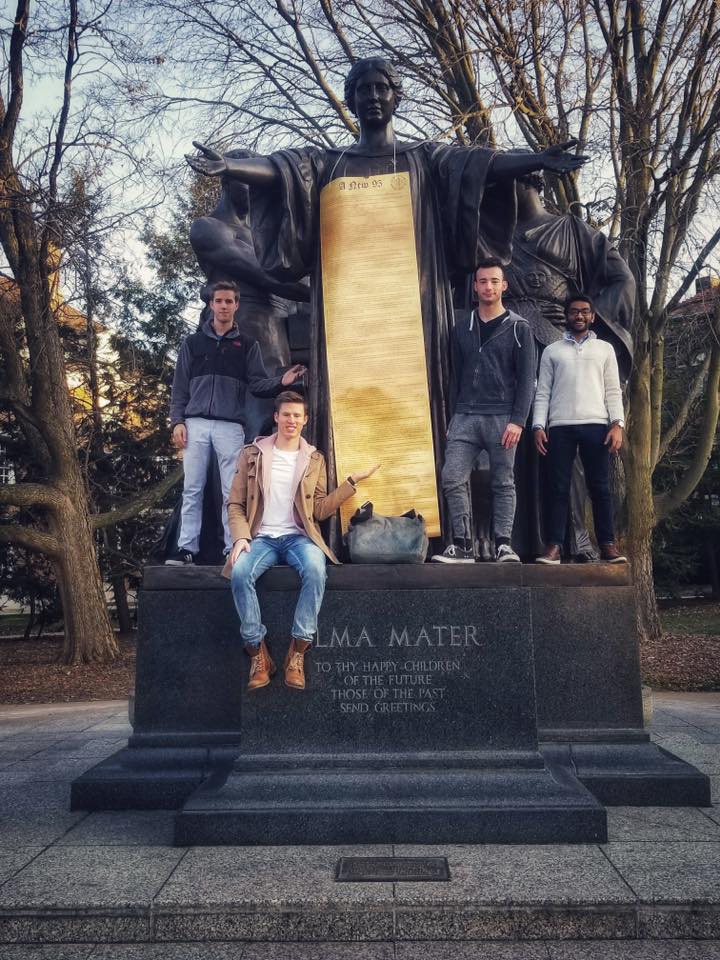
If this concept sounds familiar, it’s because Gibson previously worked for entrepreneur and PayPal co-founder and philanthropist Peter Thiel, who with the Founders Fund (previously named the Thiel Fund) distributes grants of $100,000 each to about 20 young people each year under 19 years old (recently extended to those up to age 22). From 2010-2015, Gibson was the Vice President for Grants for the Thiel Foundation. He also taught a class on philosophy and technology with Thiel at Stanford Law School.
Gibson didn’t come to this work in a traditional way. After graduating from New York University and attending Oxford to pursue a doctorate in philosophy, he had a “crisis of faith” and decided he didn’t need to have a degree to become a writer. While he admired nonfiction writers like Hunter S. Thompson and Tom Wolfe, he found his way writing for the magazine, Technology Review. One day he was interviewing one of the members of the “PayPal mafia, Max Levchin, who later introduced him to Peter Thiel.
In 2015, Gibson took the concept of the Founders Fund (a nonprofit) and developed a for-profit venture capital fund that invests in young entrepreneurs who did not go to college (rather than give them grants, as the Founders Fund does). This gives those at the 1517 Fund a real stake in the companies they are investing in.
Both Thiel and Gibson do not believe any of these young people need a college diploma to be successful. “There are a large number of tech start-ups over the years founded by younger people,” said Gibson. “The traits that succeed out there in starting companies from scratch aren’t book smarts. It’s grit, perseverance.”
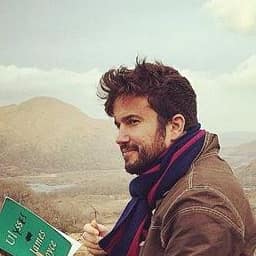
“If we want innovation – truly new things – then we have to ask why some markets are innovative and others aren’t,” said Gibson. “And it’s not just competition that drives things to get better, it’s also the threat of new entry because if you can create something new – that’s different – without the approval of anyone, then that’s how you can experiment and be inventive.”
Michael Gibson is indeed dedicated to lighting the paper belt on fire. And that’s why we think he’s a truly remarkable agent of innovation. He’s challenging the status quo to bring us a world that transforms the one we’re living in.
To learn more about Michael Gibson and the 1517 Fund visit: 1517fund.com. To listen to the full interview with Michael Gibson, tune into Episode 51 of the Agents of Innovation podcast on Apple podcasts, Stitcher, or Soundcloud. You can also follow the podcast on Facebook, Instagram, or Twitter. We welcome your comments below!
